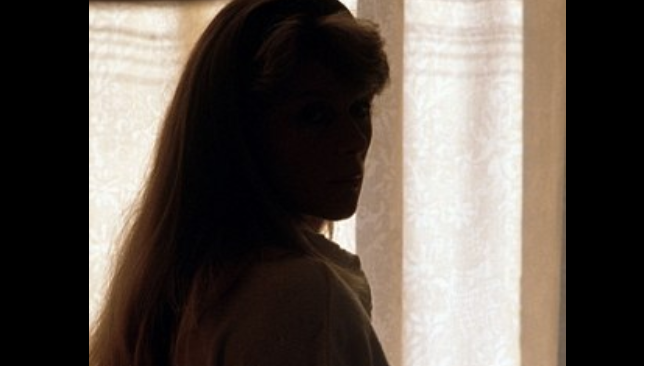In an unprecedented case out of the United Kingdom, a 59-year-old woman plans to use her dead daughter’s eggs to become pregnant with her own grandchild. In 2011, the woman’s daughter died from bowel cancer but froze her eggs so she could have children even if she passed away. The couple claims that their daughter told them shortly before her death that she wanted her mother to carry her children.
According to the Daily Mail, no UK-based clinic has agreed to treat the mother so she has decided to export the eggs to New York, where a clinic is lined up to provide fertility treatment. However, doctors say that the woman’s chances of becoming pregnant using the eggs are incredibly small; and that there are numerous health risks if the fertility treatment succeeds. For example, women over 40 have an increased chance of developing gestational diabetes, having placental and bleeding problems, and pregnancy-related high blood pressure.
Now the woman and her husband say it may be up to a judge to decide if she can have her daughter’s eggs implanted. This is because the Human Fertility and Embryology Authority (HFEA) has refused the couple’s application to export their daughter’s frozen eggs to America since she did not give clear written consent.
A fertility specialist, Dr. Mohammed Taranissi, said that if the woman is successful she would be the first in the world to give birth to a baby using eggs from her dead daughter. He said, “I have never heard of a surrogacy case involving a mother and her dead daughter’s eggs. It’s fair to say that this may be a world first.”
In the United Kingdom, the woman’s proposal has caused controversy among politicians and campaigners. The Conservative MP for Monmouth, David Davies said, “I can’t understand why anyone would want to do that. I would have grave concerns about any permission being granted by the HFEA or the courts. It’s potentially rather disturbing.”
CLICK LIKE IF YOU’RE PRO-LIFE!
Contrastingly, 62-year-old Annie Casserley supports the woman’s proposal because she did the same thing for her daughter after she was diagnosed with a rare lung disease. She said, “It’s a way of keeping their daughter alive, isn’t it? That’s what they must be thinking. It’s like creating an extension of their child. They’ve lost their daughter. It’s heartbreaking.”
“It depends on the woman’s health but if that was her daughter’s wish and she wants to honour that wish then it’s absolutely her choice. If you can keep a part of your child alive, anyone would do it, wouldn’t they? My heart goes out to them,” she concluded.
Unfortunately, the daughter did not give clear legal instructions concerning the use of her eggs, which is why the High Court will make the ultimate decision.
She [the daughter] completed a form which gave consent for the eggs to be stored for use after her death, but crucially, failed to fill in a separate form which indicated how she wished the eggs to be used. This technically meant her consent became invalid. She died in 2011 without leaving further instructions. She was single. The minutes reveal the ‘strongest and only evidence’ of her wishes was a reported conversation with her mother while she was in hospital in 2010. The young woman is said to have asked an unnamed doctor whether someone with a stoma such as herself could carry a child. The doctor confirmed it was possible.
But, the mother says, it was then agreed that if her daughter could not carry a child ‘I would do it for her’. The minutes say the young woman wanted her mother to ‘carry her babies… in the context of her not expecting to leave hospital alive.’
The couple approached fertility clinics after their daughter died. They hoped to create embryos using standard IVF treatment from their daughter’s eggs and sperm from an anonymous donor. However, no UK clinics were prepared to carry it out.
Generally, fertility clinics will not treat women over 50 because of the limited chances of success and the extra risks involved. Despite this, the HFEA committee was not required to consider the mother’s age in this case because the issues solely surrounded whether her daughter consented to her eggs being used in such a way. The couple have now been approved for treatment by a US clinic, New York Fertility Services. The minutes say: ‘Although it is stated that the chances of [the woman’s mother] becoming pregnant are “very small” and that “any complications could be life threatening”, the couple say that they are determined to “honour their daughter’s wishes”.’
The application for permission to export the sperm was made to the HFEA by IVF Hammersmith, which is storing the eggs. It treats both NHS and private patients and is based within Hammersmith Hospital in West London.
Applications in November 2013, March 2014 and August 2014 were rejected. Minutes from the HFEA committee say they are ‘sympathetic’ to the parents’ views, but that they did not provide enough evidence for the export to be agreed.
The HFEA confirmed the case will now proceed to judicial review. It will be heard in the Administrative Court, a division of the High Court, at a date to be set.








